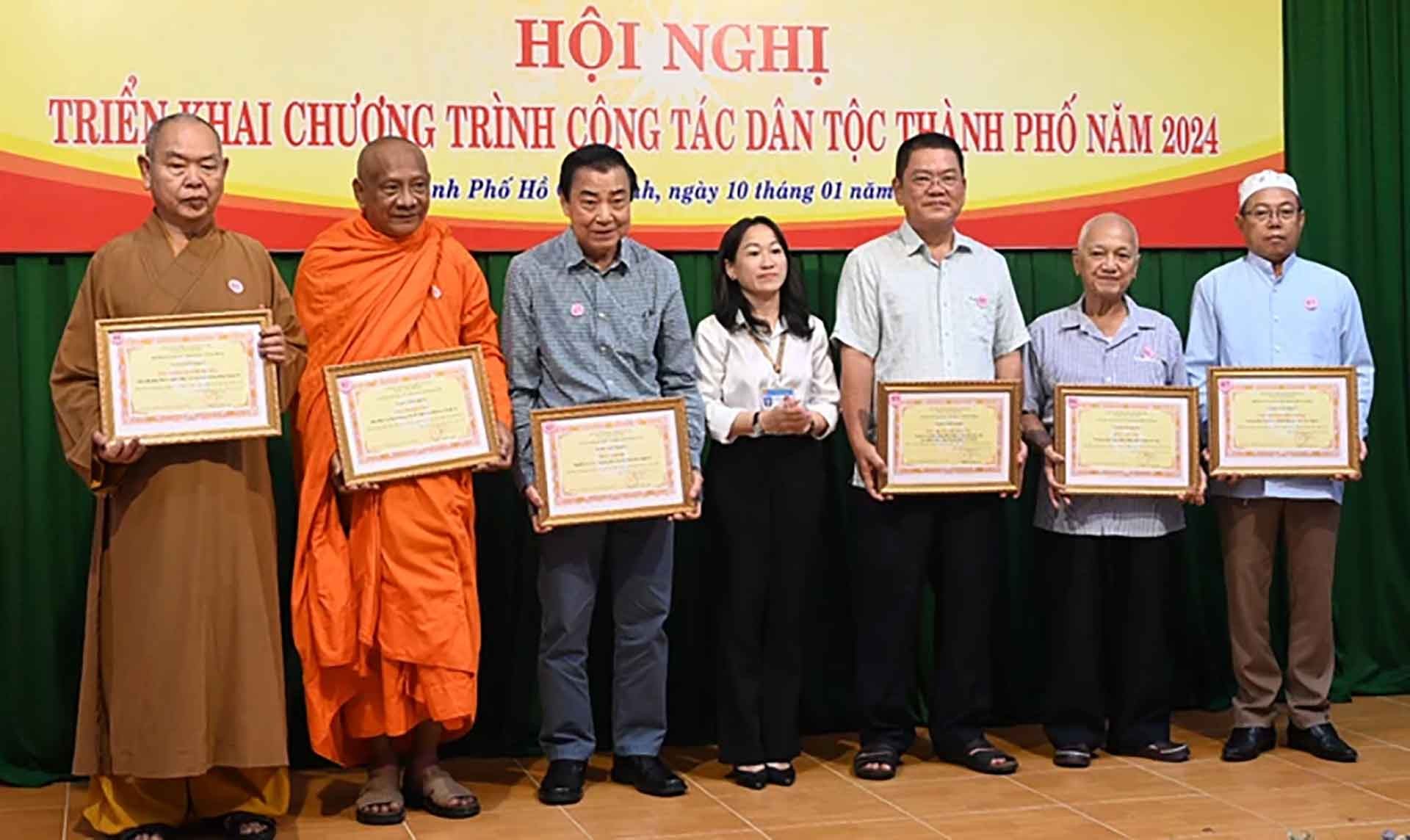 |
| Ho Chi Minh City Ethnic Committee awarded certificates of merit to collectives and individuals actively participating in the work of caring for and implementing ethnic policies in 2023. (Source: sggp.org.vn) |
Guaranteeing development rights
One of the rights that the City has been interested in for many years is the right to train, foster, and plan ethnic minority cadres in local agencies and units.
Party committees and authorities at all levels always promote encouragement and attraction of ethnic minority cadres, civil servants and public employees in localities; organize to improve the quality of ethnic minority cadres, civil servants and public employees in the political system, first of all, the leadership and management teams at all levels are regularly trained and fostered in expertise and profession.
The appointment of cadres, civil servants and public employees who are ethnic minorities is carried out according to the principles of concentration, democracy, objectivity, openness and transparency, creating motivation for ethnic minorities with qualifications and capacity to strive to improve.
On July 18, 2022, the Standing Committee of the City Party Committee issued Plan No. 136-KH/TU on training, fostering, arranging, using, creating resources and promoting the contingent of ethnic minority cadres in the City for the period 2022-2030.
The proportion of ethnic minority cadres, civil servants and public employees is gradually increasing. As of May 2023, the City has 2,249 ethnic minority positions out of 96,095 positions of the City, accounting for 2.34%; of which, there are 773 party members, 33 cadres holding leadership and management positions at the provincial level, 268 at the district level, and 1,948 at the commune level.
To enhance the capacity of ethnic minority workers to access the labor market, the City has issued many policies on vocational training and job creation such as Decision No. 3639/QD-UBND dated July 16, 2012 of the City People's Committee on vocational training for rural workers in the non- agricultural sector in the city until 2020, Decision No. 2904/QD-UBND dated July 13, 2019 on approving the Project on vocational training and job creation for ethnic minorities in the city for the period 2020-2024... to encourage ethnic minorities to feel secure in proactively choosing a career that suits their abilities, cultural level and religious beliefs.
Impacted by the above policies, every year more than 10,000 workers have been provided with jobs, including nearly 1,000 ethnic minority workers, helping the City's poverty reduction work achieve important results.
Currently, the City has no more poor and near-poor ethnic minority households with income according to the national poverty line for the period 2016-2020. The rate of ethnic minority households with Internet access accounts for 88% of the total number of ethnic minority households.
Among the 9 ethnic minorities with a population of over 1,000 people currently living in the City, the Tay ethnic group has the highest rate of households using the Internet (100%), followed by the Thai ethnic group (98.4%) and the lowest in this group is the Cham ethnic group (82.8%).
In addition, the City also pays special attention to cultural, belief and religious activities to enrich the spiritual life of ethnic minorities. There are currently 14 assembly halls, 39 family temples; 60 groups, teams, and cultural and artistic clubs of the Chinese people; 18 churches and small mosques of the Cham people; 2 Southern Buddhist pagodas of the Khmer people... The City's Ethnology Association pays special attention to cultural and educational activities for ethnic minority students.
The City's Association of Literature and Arts of Ethnic Minorities has many diverse programs of activities and publishes many ethnic cultural publications.
The work of preserving and promoting traditional cultural values of ethnic minorities has achieved certain results, the cultural life of ethnic minorities has developed and improved significantly; cultural institutions have been strengthened; cultural activities and exchanges have been organized annually; typical traditional festivals of ethnic minorities have been recognized as national intangible cultural heritages such as the social customs and beliefs of the Lantern Festival of the Chinese people in District 5, festivals in the life cycle of the Cham and Khmer people such as weddings, Ok Om Bok festival, Ngo boat racing, Chol Chnam Thmay festival... have been supported for investment in restoration and conservation, associated with tourism development.
The spoken and written languages of ethnic minorities are preserved through policies to encourage the teaching and learning of ethnic minority languages in areas with a large ethnic minority population, such as policies to support ethnic minority teachers to perform the task of teaching ethnic languages with a support level equal to 0.5 times the basic salary; compiling 3 sets of teaching and learning materials for Chinese, Khmer, and Cham for cadres, civil servants, public employees, and Chinese, Khmer, and Cham people in the City.
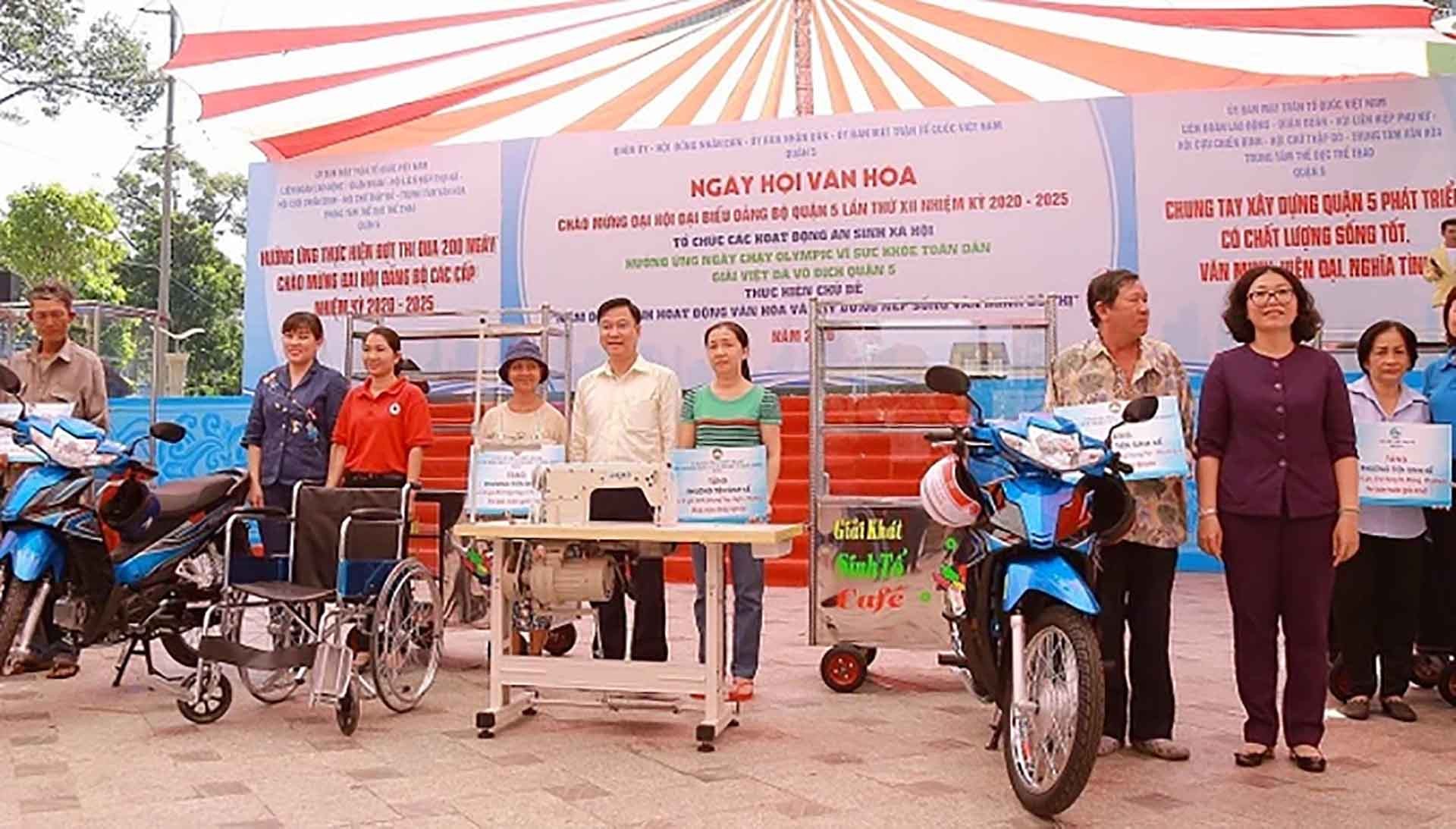 |
| District 5 representative gives livelihoods to poor Chinese households in the area (Source: sggp.org.vn) |
Guarantee the right to health care and education
Community health and health care programs for ethnic minorities are always of interest to the health sector, especially creating conditions for people in difficult circumstances to have the opportunity to be examined, receive health care, receive health education and consultation, and monitor treatment throughout the long term, thereby contributing to raising awareness and changing behavior about health care and disease prevention for the community.
Many policies for ethnic minorities have been implemented effectively, such as providing nutritional support for kindergarten and primary school children to improve the stature and health of ethnic minority adolescents in the 2016-2020 period and issuing a budget support mechanism to implement the School Milk Program Project to improve nutritional status, contributing to improving the stature of preschool children and primary school students in the 2018-2020 period.
Provide free health check-up books for poor households, buy school health insurance for 100% of Khmer and Cham students at primary and secondary school levels; buy accident insurance and health insurance for the elderly and single people who are Khmer and Cham; support an additional 30% of the cost of buying health insurance cards for near-poor households from the Health Insurance Surplus Fund.
In addition, the City has implemented sustainable poverty reduction programs and policies for households newly escaping the poverty line, including policies to support health insurance examination and treatment costs, and to issue and purchase health insurance cards for people in poor and near-poor households in the period 2021-2025.
Every year, departments, branches, and the People's Committee of Thu Duc City and districts organize visits and give gifts to ethnic minorities under policy, poor households, near-poor households according to the City's standards, disadvantaged households, lonely elderly people, workers, and disadvantaged students.
Party committees and authorities at all levels pay great attention to the work of universalizing education and improving the educational level of ethnic minority children. The school network has been planned and developed everywhere, creating favorable conditions for ethnic minority children living stably or immigrating to go to school more conveniently. The rate of universal preschool education for 5-year-old children and the rate of 6-year-old children entering first grade reached 100%.
The city has approved and issued many specific policies and guidelines suitable for the requirements of stability and comprehensive development for ethnic minorities such as: policies to support study costs for graduate students and researchers who are ethnic minorities; credit loan policies for poor students; tuition exemption policies for Cham and Khmer students studying from kindergarten to high school; policies on supporting study costs for ethnic minority students from poor and near-poor households according to the City's regulations at vocational and higher education institutions...
Along with that, the City has done a good job of promoting education, promoting social resources to grant scholarships and support university and graduate tuition fees for the Chinese people.
As a result, ethnic minority families are increasingly aware of the importance of investing in cultural education for their children; ethnic minority children of school age are all able to go to school; many ethnic minority students overcome difficulties, excel and achieve good results in their studies, many have two university degrees, master's and doctoral degrees.
The achievements in ensuring and promoting the rights of ethnic minorities in all fields are the driving force and premise for the Party Committee and the City Government to successfully implement Resolution No. 31-NQ/TW of the Politburo on the direction and tasks of developing Ho Chi Minh City to 2030, with a vision to 2045, and Resolution No. 98/2023/QH15 of the National Assembly on piloting special mechanisms and policies for the development of Ho Chi Minh City.
Source



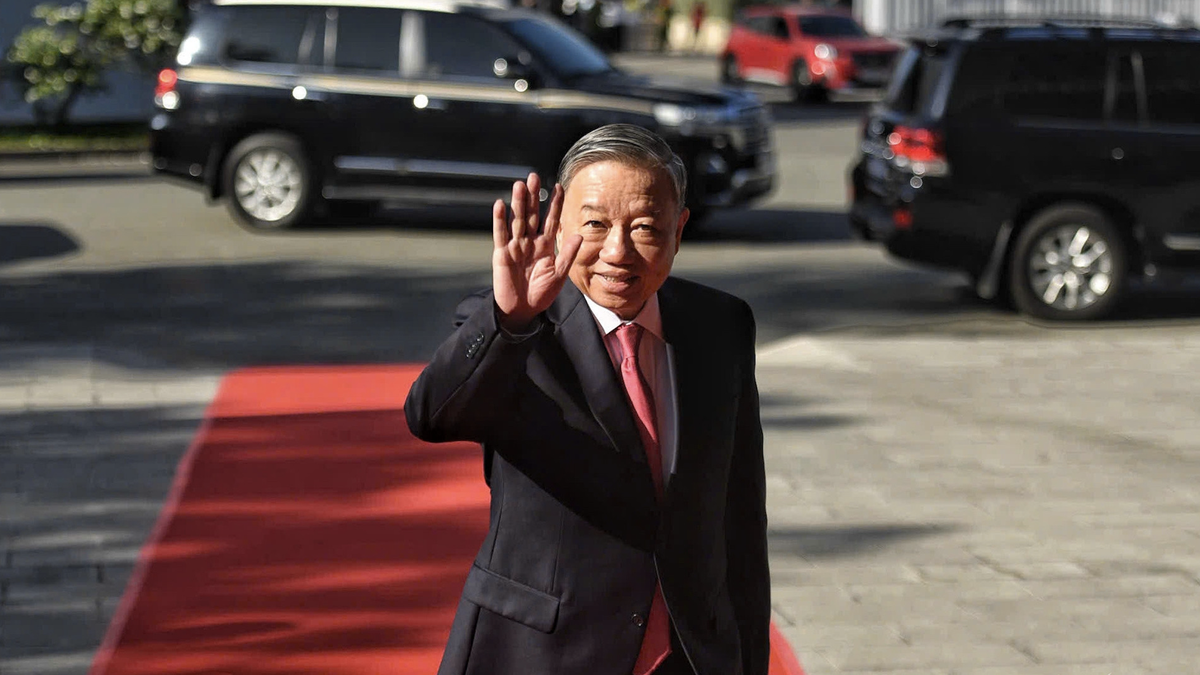
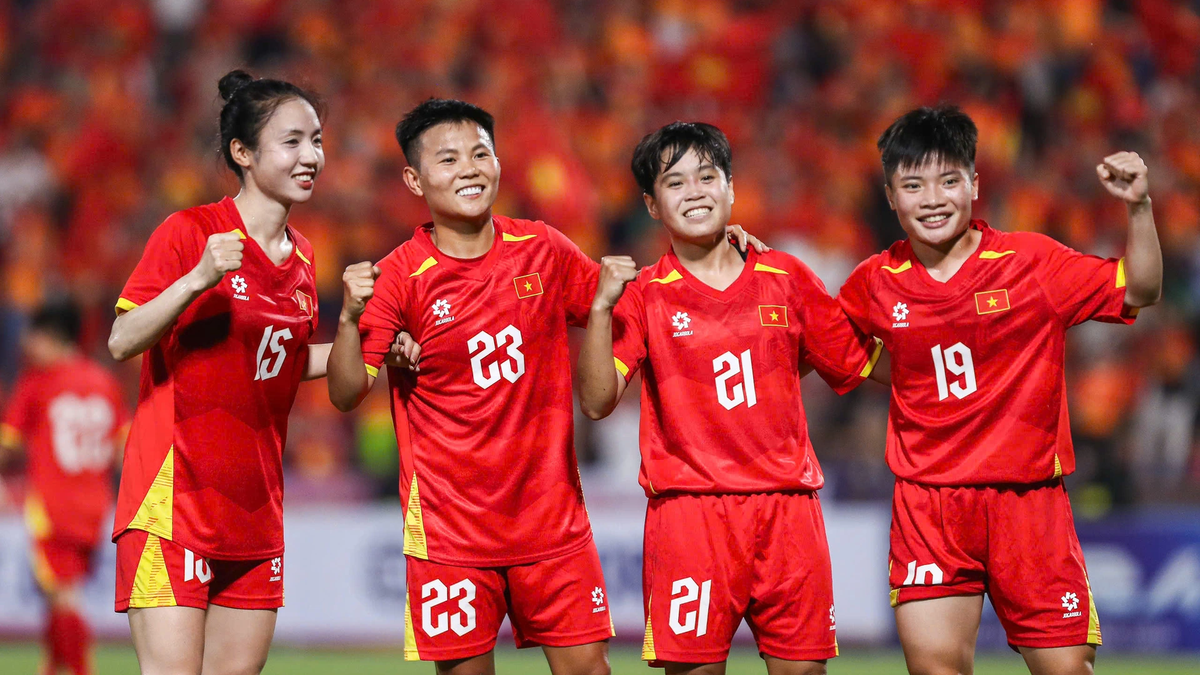

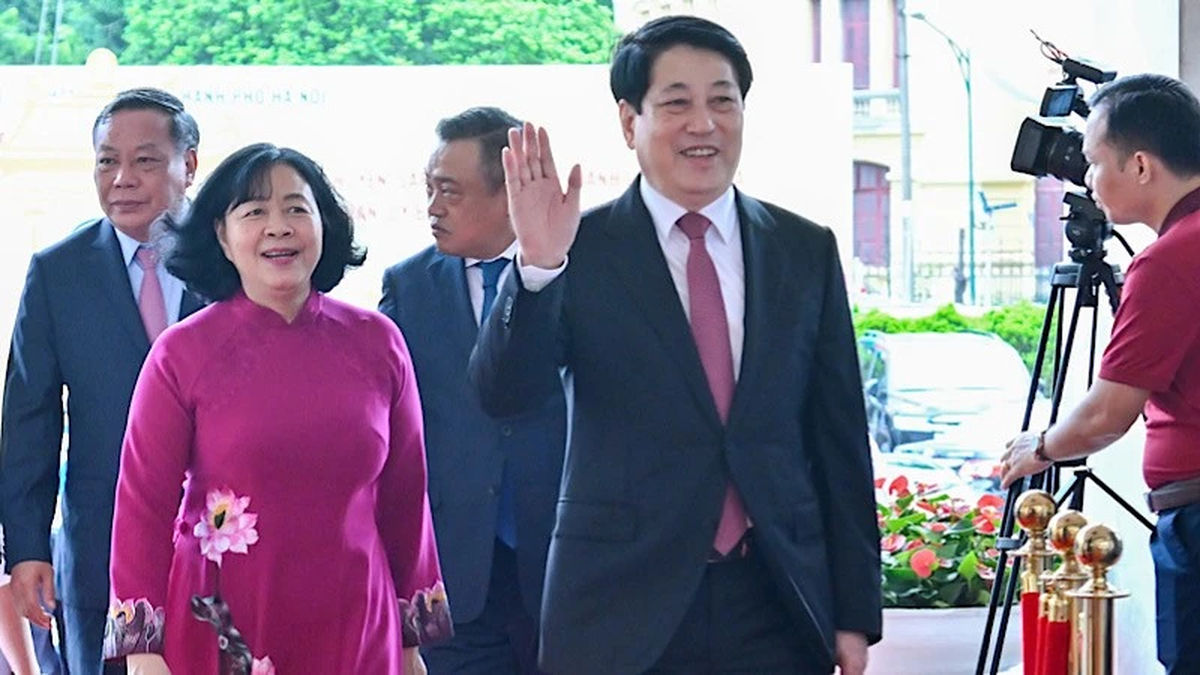

![[Photo] General Secretary attends the announcement ceremony of Resolutions on merging administrative units in Ho Chi Minh City](https://vphoto.vietnam.vn/thumb/402x226/vietnam/resource/IMAGE/2025/6/30/ab1bd03cc8bb4f60b2665f4915f258c5)





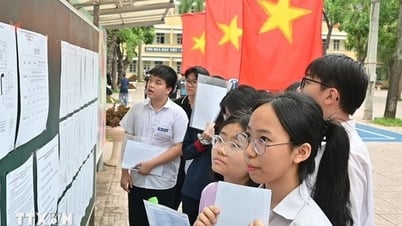

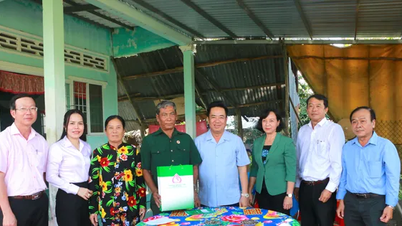

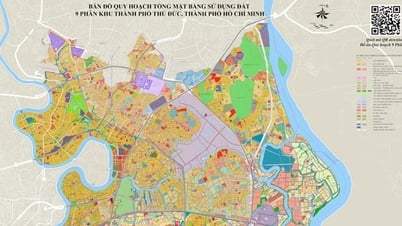
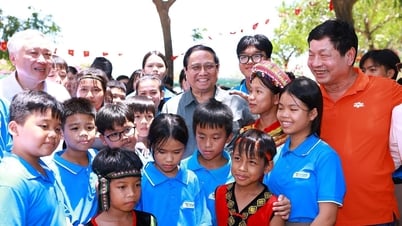





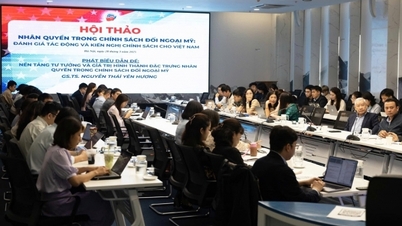






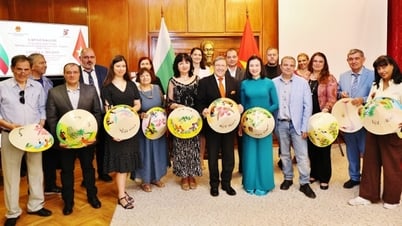
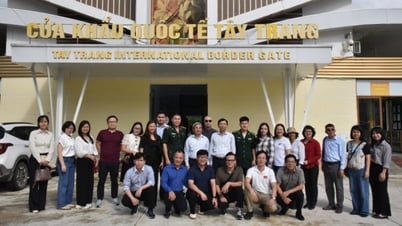

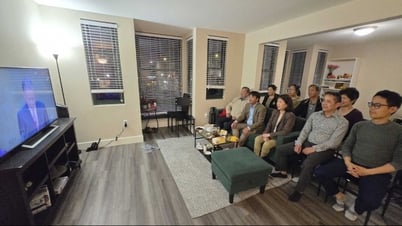

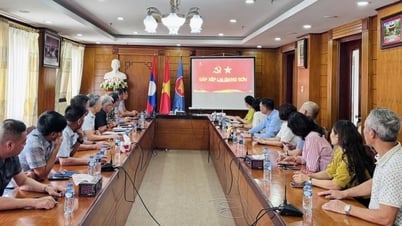


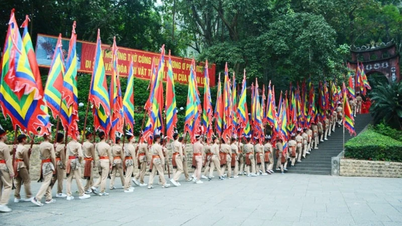







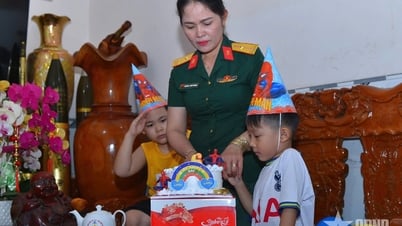
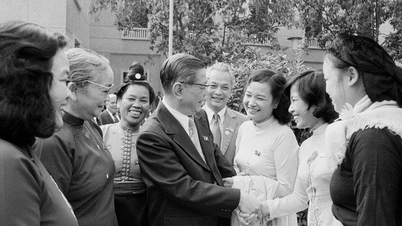








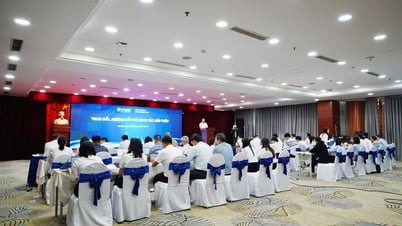




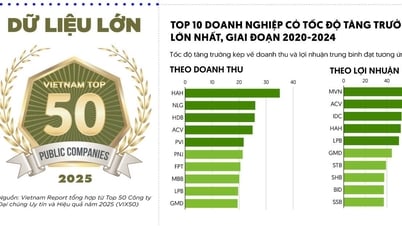












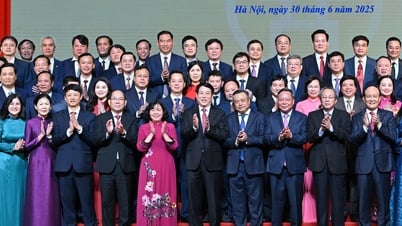

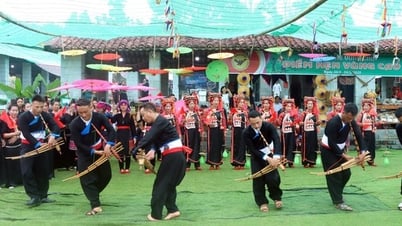
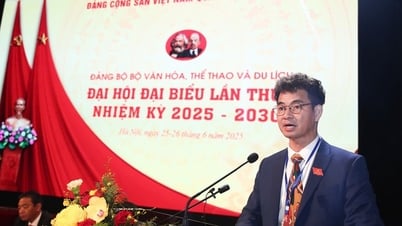
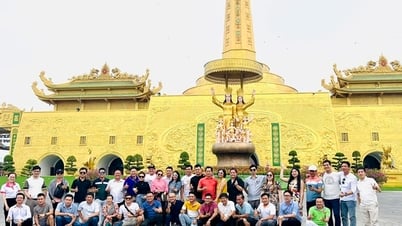
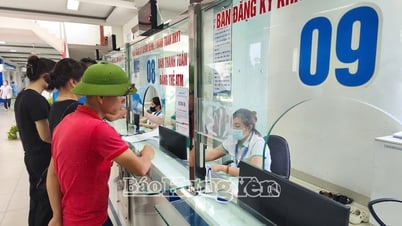

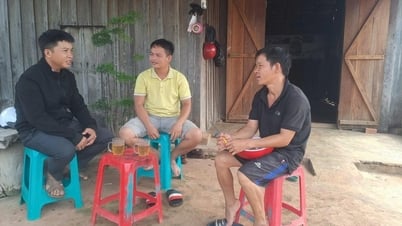

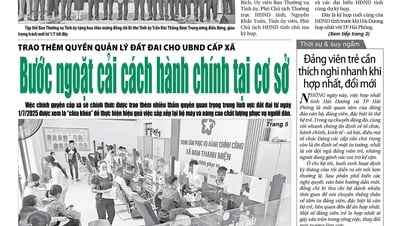



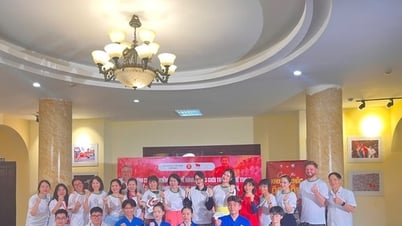
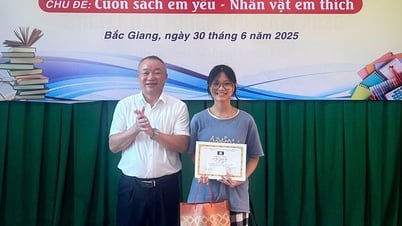














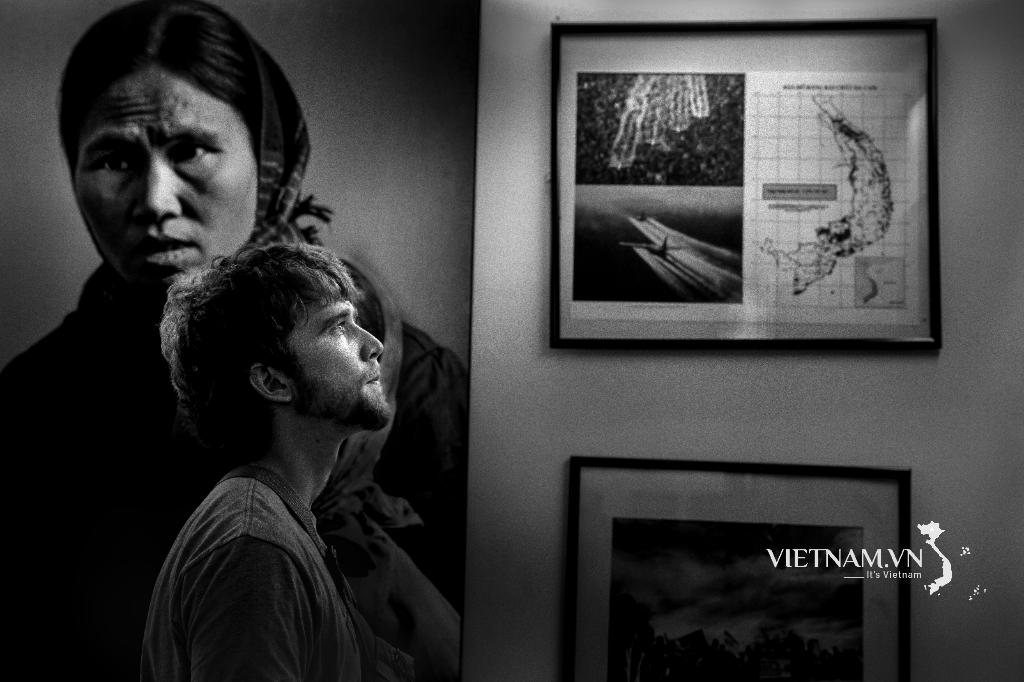
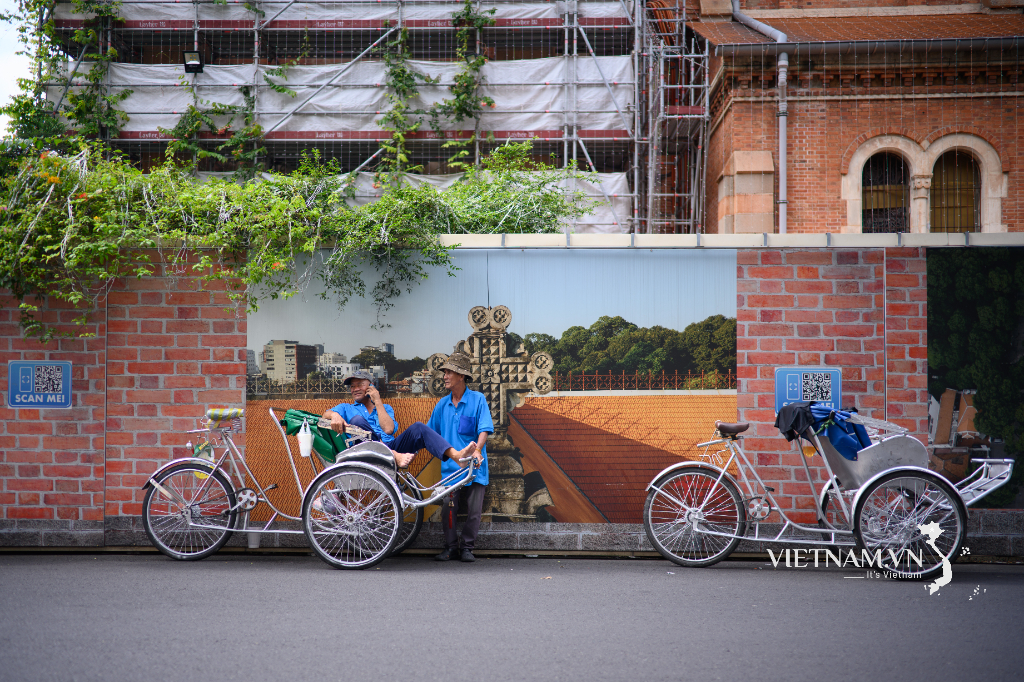
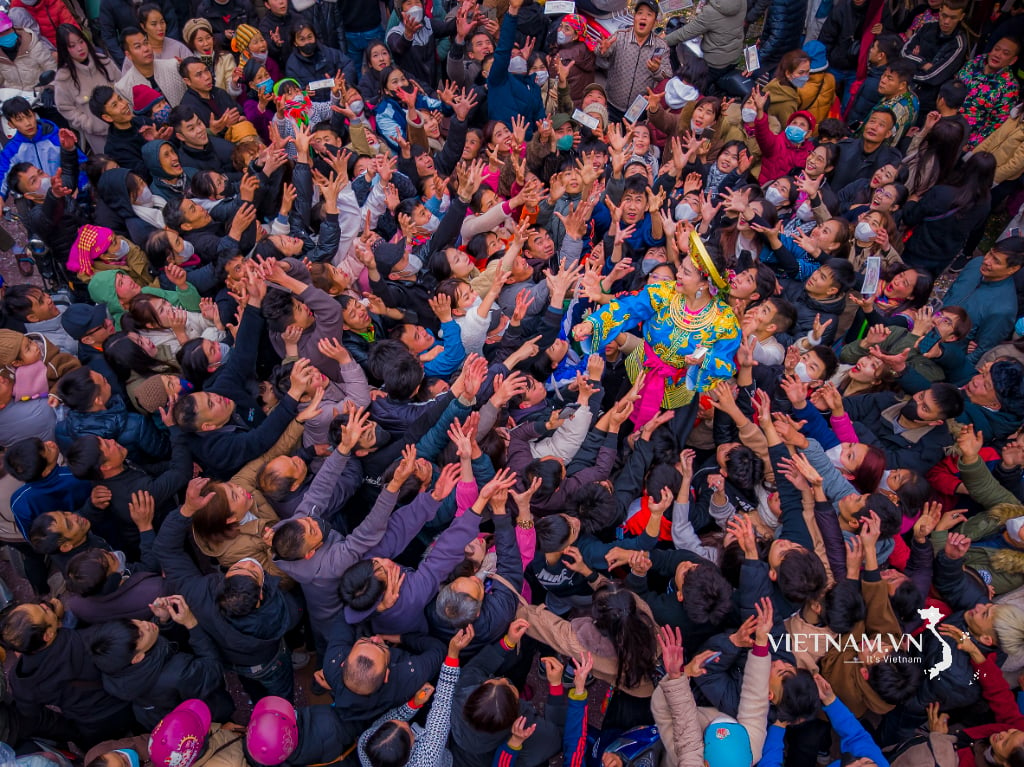
Comment (0)